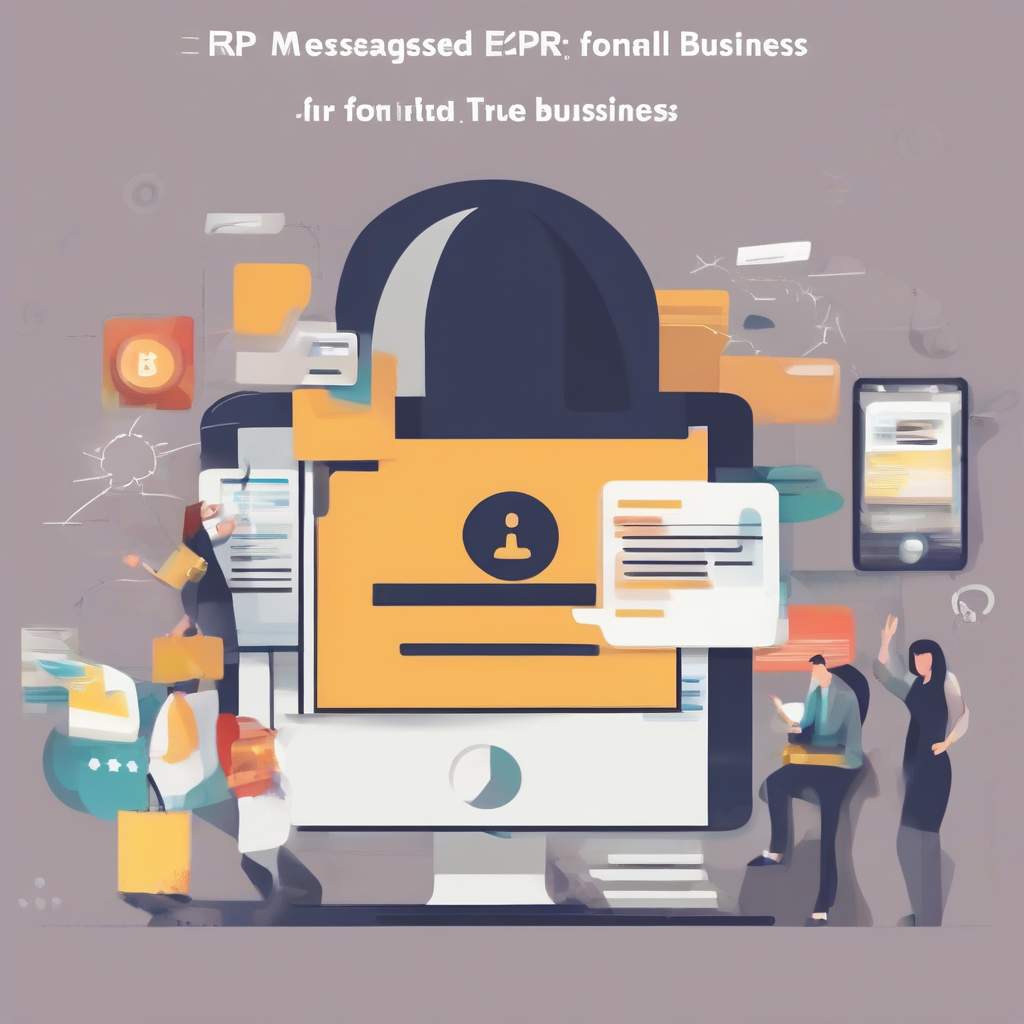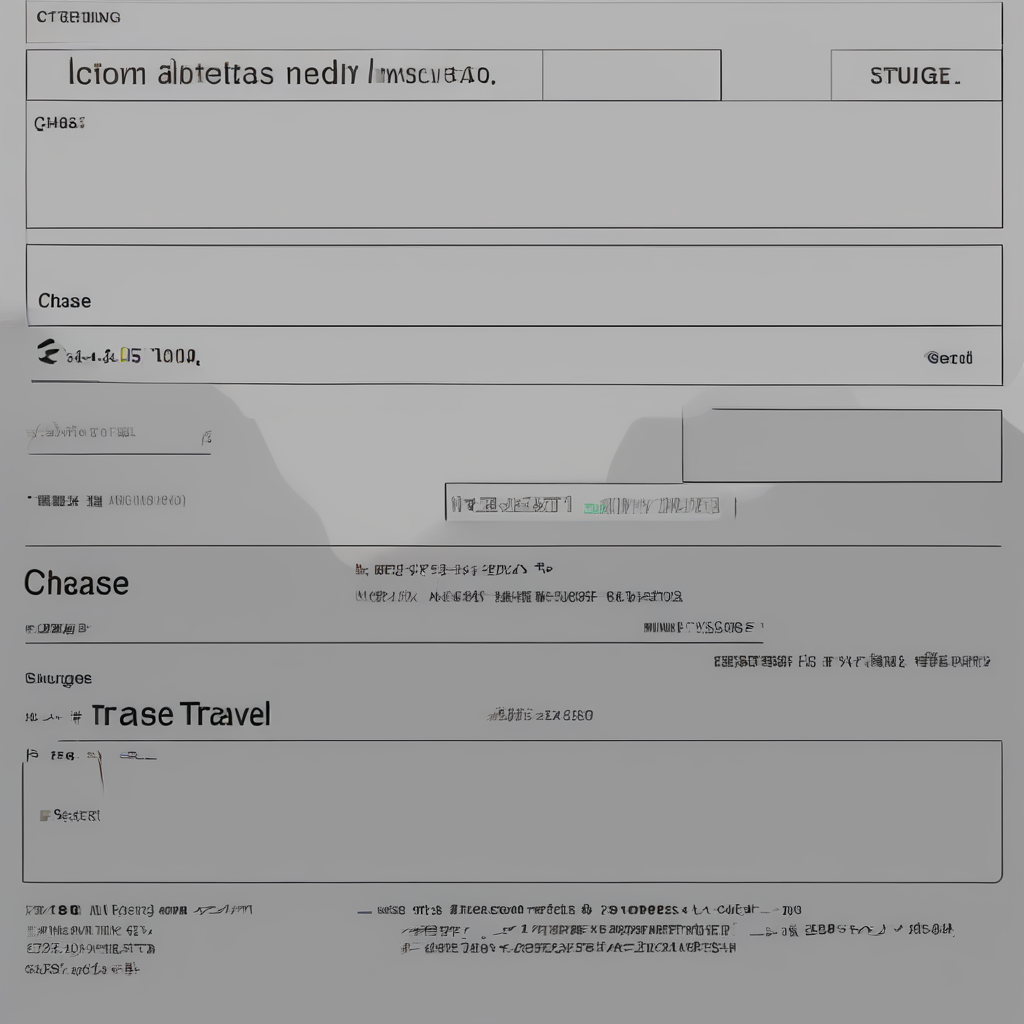ERP for Shopify: Streamline Your Business Operations

ERP for Shopify: Streamline Your Business Operations
In today's competitive e-commerce landscape, running a successful Shopify store requires more than just a beautiful website and compelling products. You need robust systems and processes to manage your inventory, orders, finances, and customer interactions efficiently. That's where Enterprise Resource Planning (ERP) systems come into play.
An ERP for Shopify seamlessly integrates with your online store, acting as a central hub for all your business operations. This integration streamlines workflows, automates repetitive tasks, and provides valuable insights to make data-driven decisions. By leveraging the power of an ERP, you can unlock significant efficiency gains and scale your business effectively.
Benefits of Using an ERP for Shopify
- Centralized Data Management: An ERP consolidates all your data in one system, providing a single source of truth for inventory, orders, customers, finances, and more. This eliminates the need for manual data entry and reduces the risk of errors.
- Improved Inventory Management: ERP systems offer real-time inventory tracking, ensuring accurate stock levels across all channels. You can easily monitor inventory movement, identify slow-moving items, and optimize your ordering process. This minimizes stockouts and overstocking, saving you money and improving customer satisfaction.
- Automated Order Fulfillment: With an ERP, you can automate order processing, shipping, and fulfillment. Orders are automatically routed to the appropriate warehouse, packing slips and invoices are generated automatically, and shipping labels are created with ease. This streamlines your order fulfillment process, reducing errors and manual effort.
- Enhanced Customer Relationship Management (CRM): ERPs often include CRM functionalities, allowing you to track customer interactions, manage customer data, and personalize your communications. This enables you to provide better customer service, build stronger relationships, and increase customer loyalty.
- Financial Management & Reporting: ERPs provide comprehensive financial reporting, allowing you to track revenue, expenses, and profitability. You can easily generate financial statements, analyze key performance indicators (KPIs), and make informed business decisions based on accurate data.
- Increased Efficiency & Productivity: By automating tasks and streamlining processes, an ERP frees up your time to focus on strategic initiatives. This increases efficiency and productivity, enabling you to scale your business and grow your revenue.
- Improved Decision Making: With access to real-time data and analytics, you can make more informed decisions about inventory management, pricing, marketing campaigns, and other critical aspects of your business.
Key Features of an ERP for Shopify
An ideal ERP for Shopify should offer the following features to effectively support your business operations:
- Shopify Integration: Seamless integration with your Shopify store is crucial to ensure data synchronization and avoid manual data entry.
- Inventory Management: Real-time inventory tracking, automated stock updates, and reorder point management are essential for optimal inventory control.
- Order Processing & Fulfillment: Automation of order processing, shipping, and fulfillment is critical for efficiency and accuracy.
- Customer Relationship Management (CRM): Track customer interactions, manage customer data, and personalize communications to enhance customer relationships.
- Financial Management & Reporting: Comprehensive financial reporting, accounting, and budgeting tools are essential for financial transparency and decision making.
- Reporting & Analytics: Access to real-time data and insights to track key performance indicators (KPIs) and make data-driven decisions.
- Scalability & Flexibility: The ERP solution should be scalable to accommodate your future growth and flexible enough to adapt to your evolving business needs.
Choosing the Right ERP for Your Shopify Store
With numerous ERP solutions available, selecting the right one for your Shopify store requires careful consideration. Here are some factors to consider:
- Business Needs & Size: Identify your specific business requirements, including inventory management, order processing, customer relationships, and financial reporting needs.
- Budget & Pricing: Consider your budget and the pricing models offered by different ERP providers. Some offer subscription-based plans, while others charge per-user fees.
- Features & Functionality: Ensure the ERP solution offers the essential features you need, such as Shopify integration, inventory management, order processing, and financial reporting.
- User-Friendliness & Support: Choose an ERP system with a user-friendly interface and excellent customer support to ensure easy adoption and ongoing assistance.
- Integration & Compatibility: Verify that the ERP system integrates seamlessly with your Shopify store and other existing business applications.
- Scalability & Growth Potential: Select an ERP solution that can scale with your business as you grow and evolve.
Top ERP Solutions for Shopify
Here are some of the leading ERP solutions designed to integrate with Shopify:
- Zoho Inventory: Zoho Inventory is a comprehensive ERP solution that offers a wide range of features, including inventory management, order fulfillment, financial management, and CRM capabilities. It seamlessly integrates with Shopify and provides robust reporting and analytics tools.
- NetSuite: NetSuite is a cloud-based ERP solution that offers a comprehensive suite of features for businesses of all sizes. It integrates with Shopify and provides advanced features for inventory management, order fulfillment, financial management, and customer relationship management.
- Acumatica: Acumatica is a cloud-based ERP solution designed for growing businesses. It integrates with Shopify and offers features for inventory management, order fulfillment, financial management, and customer relationship management. Acumatica is known for its scalability and flexibility.
- Microsoft Dynamics 365 Business Central: Microsoft Dynamics 365 Business Central is a cloud-based ERP solution that offers a wide range of features for businesses of all sizes. It integrates with Shopify and provides robust features for inventory management, order fulfillment, financial management, and customer relationship management.
- Sage Intacct: Sage Intacct is a cloud-based ERP solution designed for mid-market businesses. It offers a comprehensive suite of features for inventory management, order fulfillment, financial management, and customer relationship management. It integrates with Shopify and provides robust reporting and analytics tools.
Conclusion
Implementing an ERP system for your Shopify store can significantly enhance your business operations, automate tasks, improve inventory management, and boost overall efficiency. By leveraging the power of an ERP, you can streamline your workflows, gain valuable insights, and make data-driven decisions to grow your business effectively.
Carefully evaluate your business needs, budget, and desired features before choosing an ERP solution. With the right ERP system in place, you can take your Shopify store to the next level and achieve greater success in the competitive e-commerce marketplace.
What's Your Reaction?

















